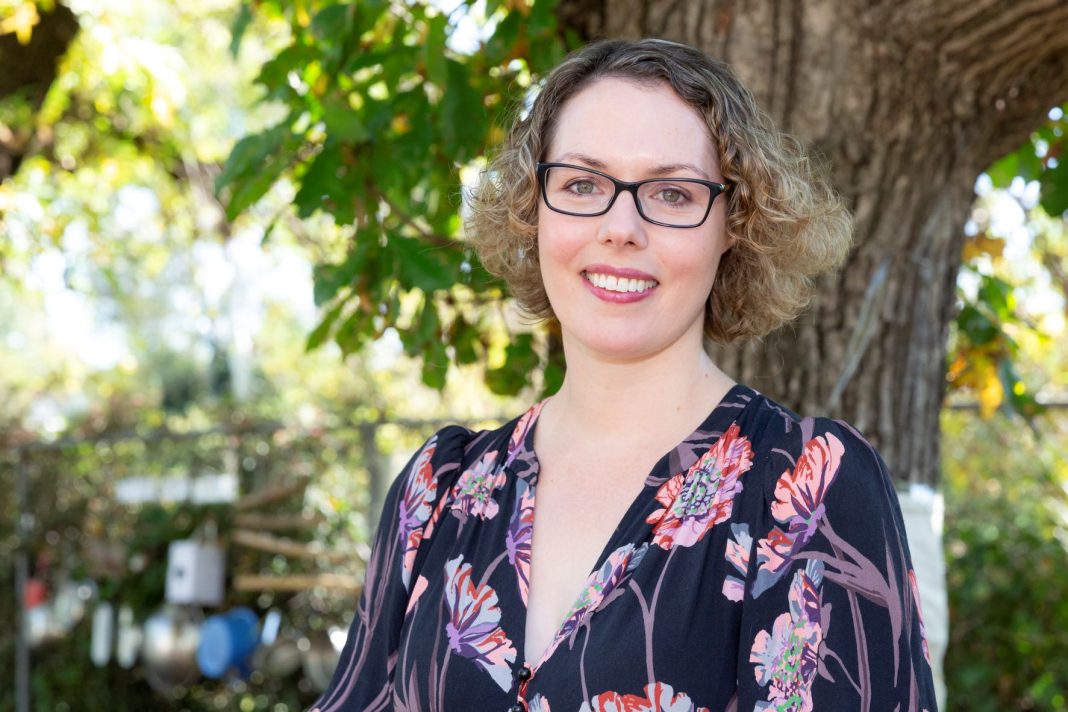The Coalition promises that the 2022–23 Budget will “deliver Australia’s plan for a stronger future”, but does it meet Canberra’s needs? Is it really a plan for the future, or is it, as pundits and politicians from other parties argue, a short-term plan designed to win votes in the forthcoming election?
Delivering the Budget last night, Treasurer Josh Frydenberg said that it would ease the cost of living, support small businesses, and continue to rebuild the economy and create jobs following the COVID-19 induced recession. The Budget, he continued, offered record investments in essential services such as health, education, and women’s safety; it strengthened defence and national security; and it invested in roads, rail, dams, and renewable energy technology.
“It is a great budget for the country and a great budget for Canberra,” said Senator for the ACT Zed Seselja.
“This budget outlines our clear plan for a stronger future, by creating more and better paying jobs, guaranteeing essential services that Canberrans rely on, and boosting our national security and defence,” Senator Seselja said. “Our budget will deliver a stronger economy and a stronger future for all Canberrans.”
But politicians and political experts disagree.
“This Budget is a political patch job that is more about saving the Prime Minister’s job than setting up Australia for the future,” said Alicia Payne, MP for Canberra. Dr Andrew Leigh, MP for Fraser, called the Budget “a ploy for an election, not a plan for the future”. And David Smith, MP for Bean, thought it didn’t do enough for the majority of his electorate.
“While some of the small infrastructure projects announced in the Budget are welcome,” Mr Smith said, “it doesn’t address locals’ wages, it doesn’t address the aged care crisis, it cuts funding to Health in the ACT, and does nothing to establish the much need anti-corruption commission.”
“Canberrans are sick of pork-barrelling and searching for political leadership on climate, integrity, and fairness,” said Tim Hollo, Greens candidate for Canberra. “This budget takes us backwards on everything Canberrans care about.”
“We have again seen huge handouts to billionaires and big corporations, cash thrown at Liberal electorates they’re desperately trying to hang on to, and a meagre cash offering that will do nothing to tackle the rising cost of living,” said Dr Tjanara Goreng Goreng, Greens Senate candidate.
As progressive politicians, it’s almost their duty to disagree with the Budget.
But Dr John Hawkins, a politics expert from the University of Canberra, believes the Budget is “a blatant pre-election budget, with one-off and temporary payments and concessions to try to make people happy now and defer challenges until after the election”.
Sticking in the craw of many – among them Chief Minister Andrew Barr – is the fact that the ACT has received only $51 million for infrastructure, or 0.28 per cent of the Commonwealth’s infrastructure spending, some $500 million less than the next two jurisdictions. Moreover, Dr Hawkins noted, the main infrastructure spending in the Budget appeared to align with marginal seats such as Hunter or North Queensland.
“It is not surprising that there is little in it for the ACT,” Dr Hawkins said. “There are no marginal House seats in the ACT!”
The ACT’s two Senate seats are always split one each to Liberal and Labor, but Dr Hawkins wonders if Kim Rubenstein (independent) or the Greens might change this.
Professor Rubenstein, one of Australia’s foremost legal experts, thought this year’s “looks more like a Budget that seeks to maintain power rather than to provide real leadership”.
She worried about the state of Australian political discourse: “There’s just such a sense of distrust that the government is making decisions that are not in the best interest of the country rather than the short-term, immediate political aim of winning the next election.
“One of the breakdowns in our political system is that sense of who’s with us and who’s against us, and that really isn’t healthy for a democracy.”
Still, the Budget reminded Australians that they were active citizens with the power to vote. She urged them to think more broadly beyond this budget in terms of the good of the whole nation. If she were elected, she said, and part of the next budget, she committed to implementing policies that would benefit the whole nation.
Former rugby player David Pocock is also running for an ACT Senate seat, as an Independent.
“Looking at what was handed down last night, it is hard not to be cynical and see this as an election-eve attempt to buy votes with one-off payments and short-term program extensions,” he said.
“Political expediency has prevailed with the marginal seats once again the big winners while genuine need in safe seats is overlooked.”
For more Budget news:
- Plans to move APS agencies out of ACT concerning: Andrew Barr
- Budget leaves ACT behind on infrastructure, says Chief Minister
- The Federal Budget: Easing the cost of living?
- Budget a missed opportunity for climate action, says Andrew Barr
Get all the latest Canberra news, sport, entertainment, lifestyle, competitions and more delivered straight to your inbox with the Canberra Daily Daily Newsletter. Sign up here.



